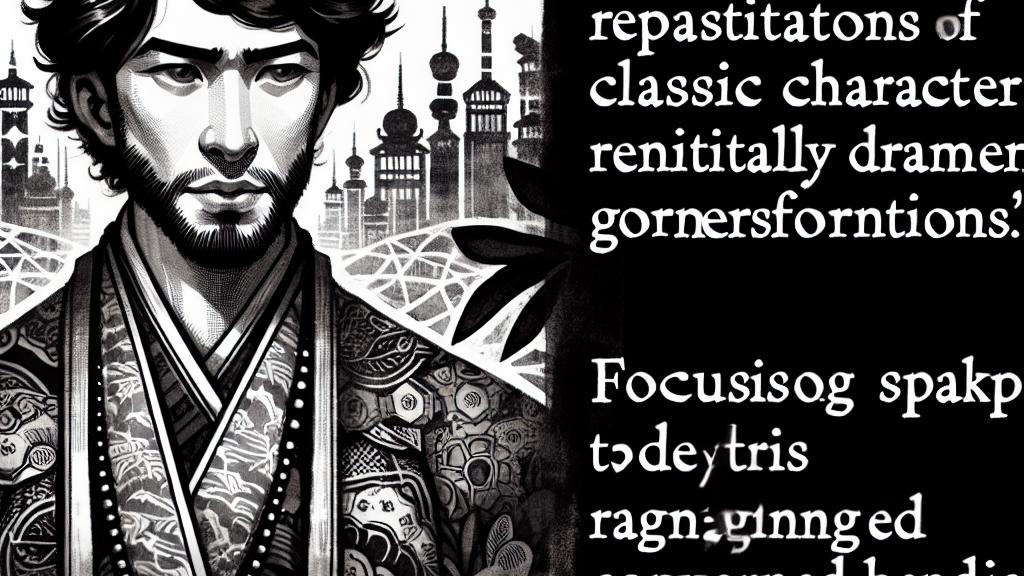Controversial Gender-Bending Characters in Foreign Social Games
Overview
- Dive into the intriguing world of gender-bending characters in social games, where creativity meets controversy.
- Explore the multifaceted legal and ethical challenges that arise from character adaptations.
- Understand the diverse player perspectives and vibrant discussions sparked by these bold representations.

The Rise of Gender-Bending Characters: A Bold Trend
In recent times, an exciting and controversial trend has emerged in the gaming industry: the transformation of beloved characters from iconic franchises into diverse gender expressions. Take, for instance, the overseas social game 'enigma of sepia.' It features familiar characters from Weekly Shonen Jump, yet flips their narrative by reimagining them as female versions. Imagine characters from JoJo's Bizarre Adventure, originally celebrated for their masculine charm, now depicted with a vibrant feminine twist! This provocative approach not only captures the attention of fans but also ignites lively discussions across social media platforms. While this inventive strategy may amuse some, it raises critical questions—can such adaptations cross the fine line into copyright infringement? This ongoing debate encourages us to delve deeper into the essence of adaptation versus originality.
Legal Landscape and Community Reactions: A Double-Edged Sword
However, amid the playful reinterpretations, the legal implications loom large and cannot be overlooked. Fans often wonder if games like 'enigma of sepia' risk facing backlash for their audacious adaptations. The entangled web of copyright law presents a daunting challenge. For example, original creators might argue that their characters are being exploited without consent or appropriate acknowledgment. The responses from the gaming community reflect this complex sentiment; while many embrace the creative liberties as exciting and fresh, others react with dismay, arguing that these adaptations undermine the integrity of the original works. The spectrum of opinions offers a rich tapestry of perspectives within fandoms, illustrating how communities can function as both champions of creative freedom and vigilant guardians of beloved narratives.
Cultural Sensitivities in Gaming: Paving the Way for Inclusive Narratives
As the gaming landscape continues to evolve, the push for inclusive representations gains momentum. More developers are daring to craft narratives that challenge traditional gender norms, inviting a lively exploration of identity and transformation. Yet, with such creativity comes the responsibility to navigate cultural sensitivities. How can creators honor the essence of iconic characters while exploring diverse dimensions? The discourse surrounding this issue is not just about character transformation; it reflects broader societal conversations about gender and representation. Engaging in this dialogue could lead developers to redefine heroism in ways that resonate universally. Ultimately, players are not merely passive users of content; they are active participants in shaping a thoughtful and welcoming gaming environment that embraces everyone. By highlighting both the joy and challenges of these adaptations, we can envision a future where gaming is as inclusive and inspiring as the players who revel in it.

Loading...